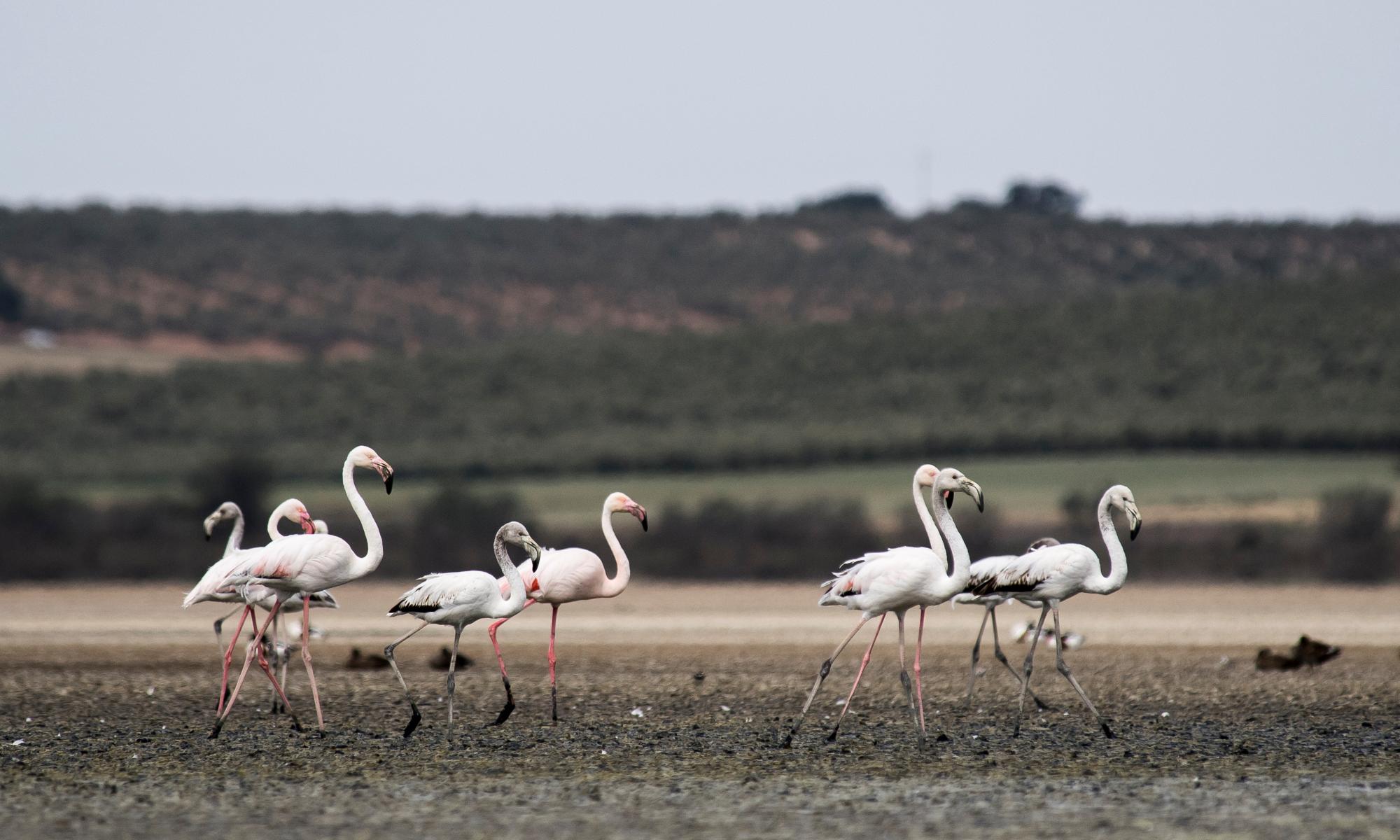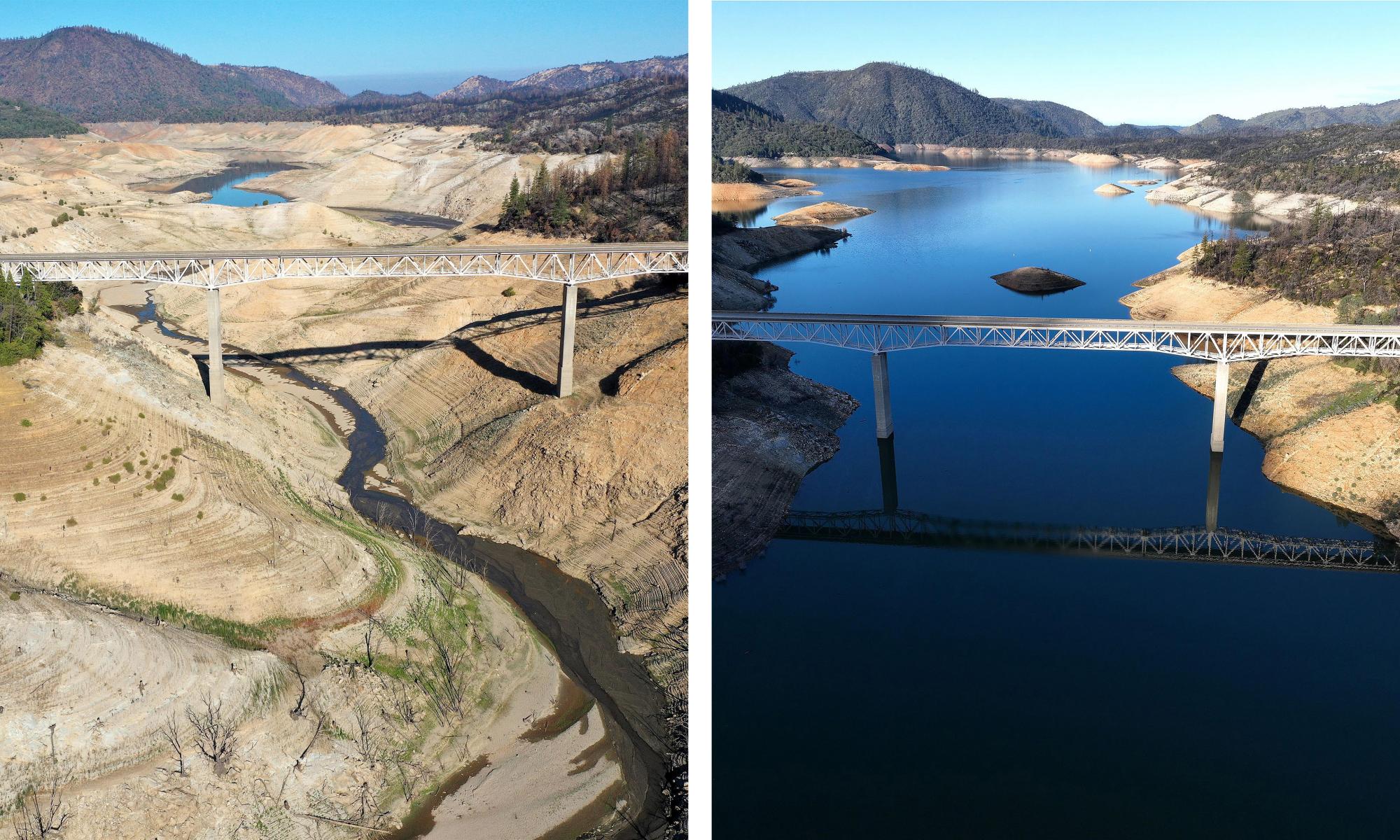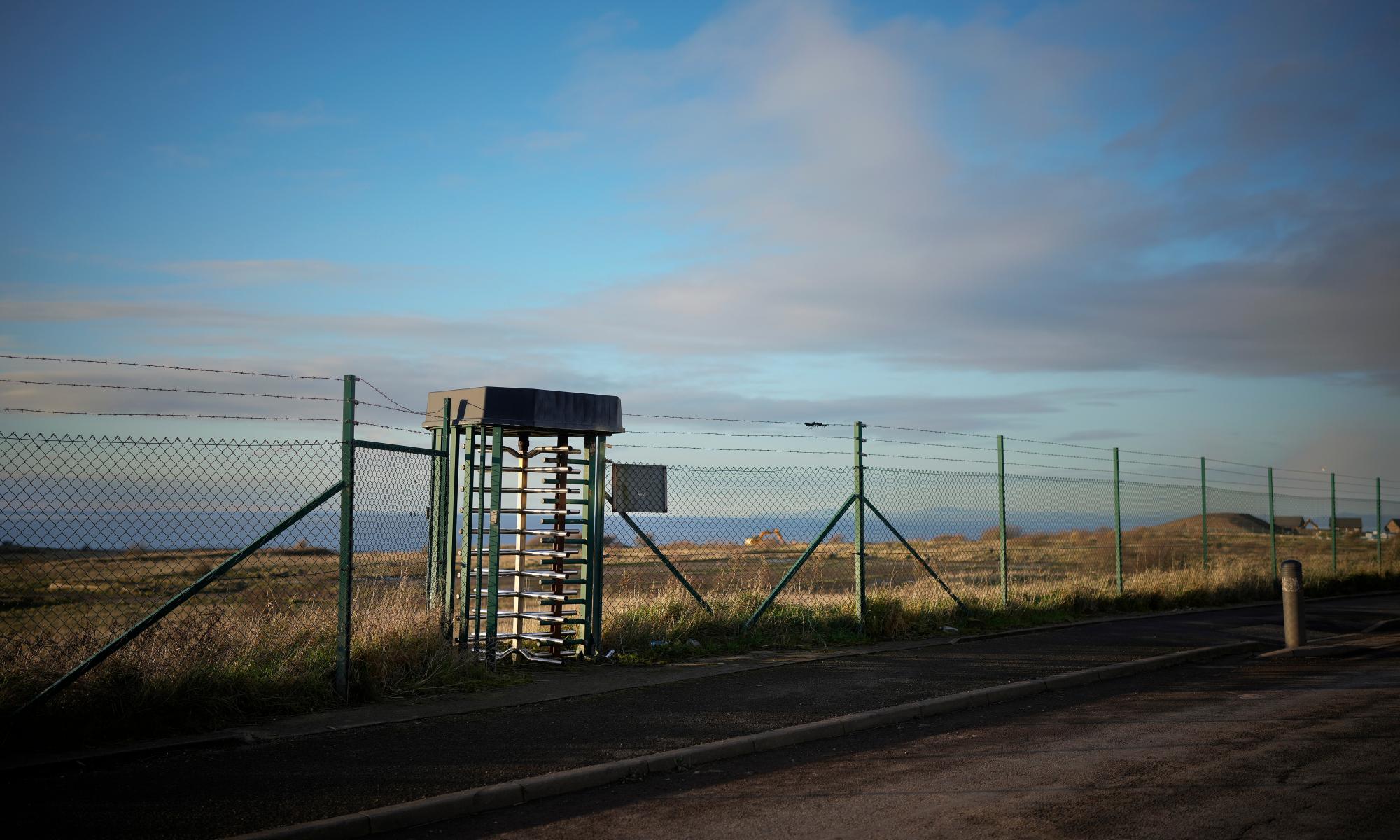The Ukrainian president, Volodymyr Zelenskiy, has told world leaders they will not be able to tackle the climate crisis unless Russia’s invasion of his country ends.
“There can be no effective climate policy without the peace,” he said in a video address at the Cop27 UN climate summit in Egypt on Tuesday. “The Russian war has brought about an energy crisis that has forced dozens of countries to resume coal-fired power generation in order to lower energy prices for their people, to lower prices that are shockingly rising due to deliberate Russian actions.”
Vladimir Putin, the president of Russia, one of the world’s biggest fossil fuel producers, has used his country’s dominance in supplying gas to Europe to step up pressure on EU countries and others over the war.
Zelenskiy did not name individual countries but told the summit: “There are still many for whom climate change is just rhetoric or marketing, not real action. They are the ones who hamper the implementation of climate goals; they are the ones who in their offices make fun of those who fight to save life on the planet … They are the ones who start wars of aggression when the planet cannot afford a single gunshot, because it needs global joint action.”
Putin has snubbed the summit in Sharm el-Sheikh, where more than 100 heads of state and government, as well as 45,000 other delegates, have gathered for the past two days to discuss the climate crisis. Each leader had a short address to the conference, but Zelenskiy’s received one of the best responses.
He made clear that the war in Ukraine was a problem not just for his own country but the world at large, and drew direct parallels with the climate crisis.
“[The war] brought an acute food crisis to the world, which hit worst those suffering the existing manifestations of climate change,” he said.
He referred to the impacts on Ukraine’s forests, from which a shrapnel-embedded log has been put on show at Ukraine’s Cop27 pavilion. “The Russian war has destroyed 5 million acres of forests in Ukraine in less than six months,” he said.
At Cop27, poor countries are calling for more financial assistance from the rich world to help them cope with the effects of extreme weather, and their negotiators will spend the rest of the fortnight trying to reach a settlement that will allow for such funds.
They want more funding for what is known in the UN talks as loss and damage, in order to rescue and rebuild their economies, as well as social and physical infrastructure, after climate-related disasters.
The devastating floods in Pakistan this summer have been held up as an example of the loss and damage that developing countries are already suffering as a result of climate breakdown.
Pakistan’s prime minister, Shehbaz Sharif, told the summit in vivid terms what his country has experienced: “The catastrophic floods impacted 33 million people, more than half our women and children, and [covered] the size of three European countries. Despite seven times the average of extreme rain in the south, we struggled on as raging torrents ripped out over 8,000 kilometres of metalled roads, damaged more than 3,000 kilometres of railway track and washed away standing crops on 4 million acres, and ravaged all of the four corners of Pakistan.”
He said that more than $30bn (£26bn) of damage had been caused, yet Pakistan – like other developing countries – had done little to cause the climate crisis, having a small carbon footprint. “We became a victim of something with which we had nothing to do, and of course it was a manmade disaster,” he said.
As well as rebuilding, Pakistan has had to spend about $30bn already on importing wheat, cooking oil and fuel. “Imagine on one hand we have to cater for food security for the common man by spending billions of dollars, and on the other we have to spend billions of dollars to protect flood-affected people from further miseries and difficulties. How on earth can one expect from us that we will undertake this gigantic task on our own?”
Harjeet Singh, a senior adviser at the Climate Action Network, called out the US in particular: “The US has for decades acted in bad faith with regards to loss and damage, but the delays and deception have real-life consequences. We need to agree on a funding facility at this Cop so we can work on making it operational by 2024, and the US needs to change from being obstructive to constructive.”
John Kerry, the US special presidential envoy on climate, told the conference the crisis did not just threaten infrastructure and the economy but “every single aspect of our lives on a daily basis”.
Elsewhere, the family of the jailed British-Egyptian democracy activist Alaa Abd el-Fattah, who is on hunger strike, raised concerns that he may be force-fed in prison. He was due to be on his third day of refusing food and water and his family have requested evidence that he is still alive, but Egyptian officials have not provided any information about his health.
Abd el-Fattah’s sister, Sanaa Seif, told a press conference at Cop27: “This has to end. It can end. There are three ways: let the British embassy visit him; put him on a plane out of Egypt today; or he will die, and be relieved of this nightmare,” she said.
“Whatever happens, I feel Alaa has won – I just hope that he is not sacrificed for it. He’s in prison because he’s someone that believed the world can be a better place.”
Additional reporting by Ruth Michaelson


